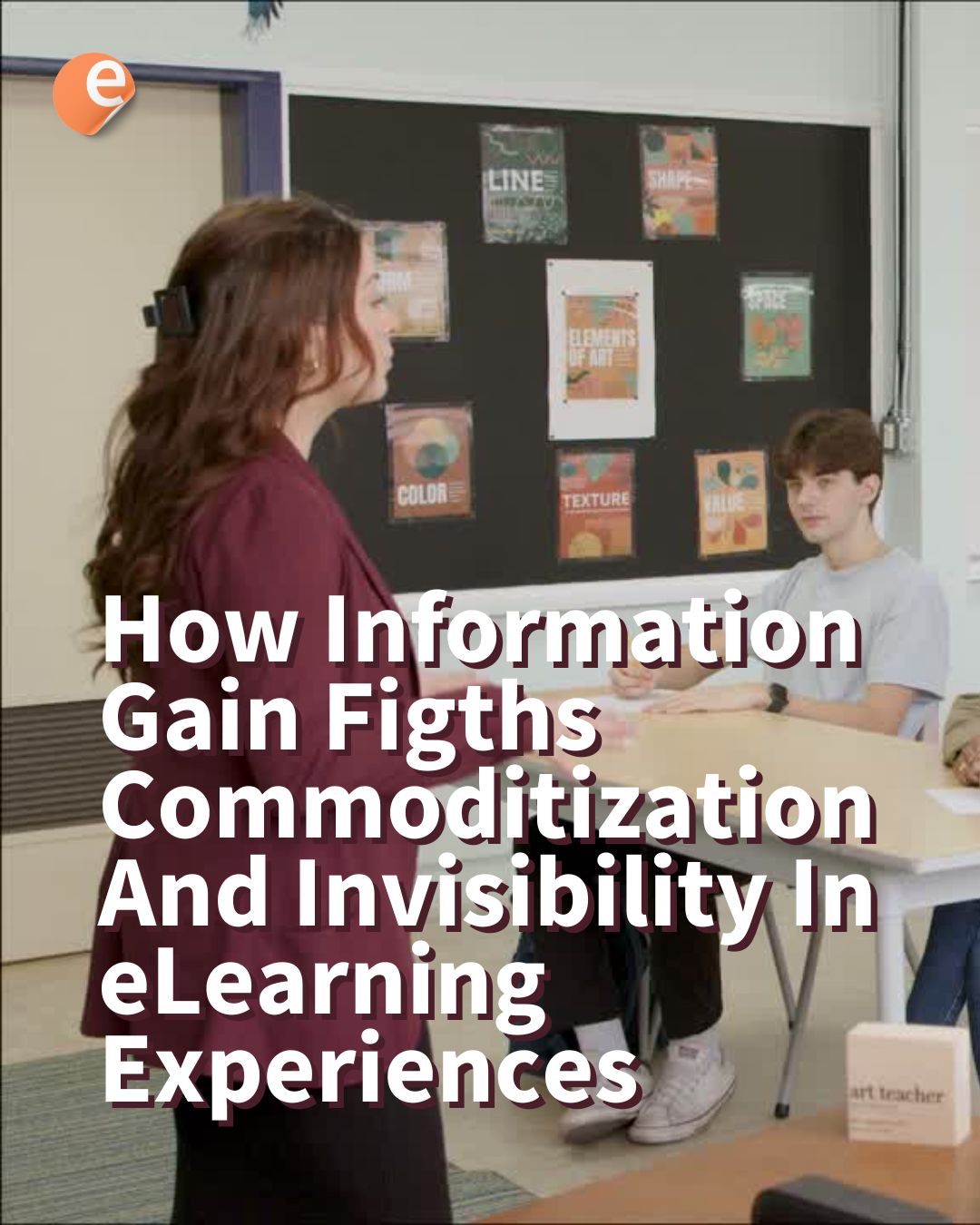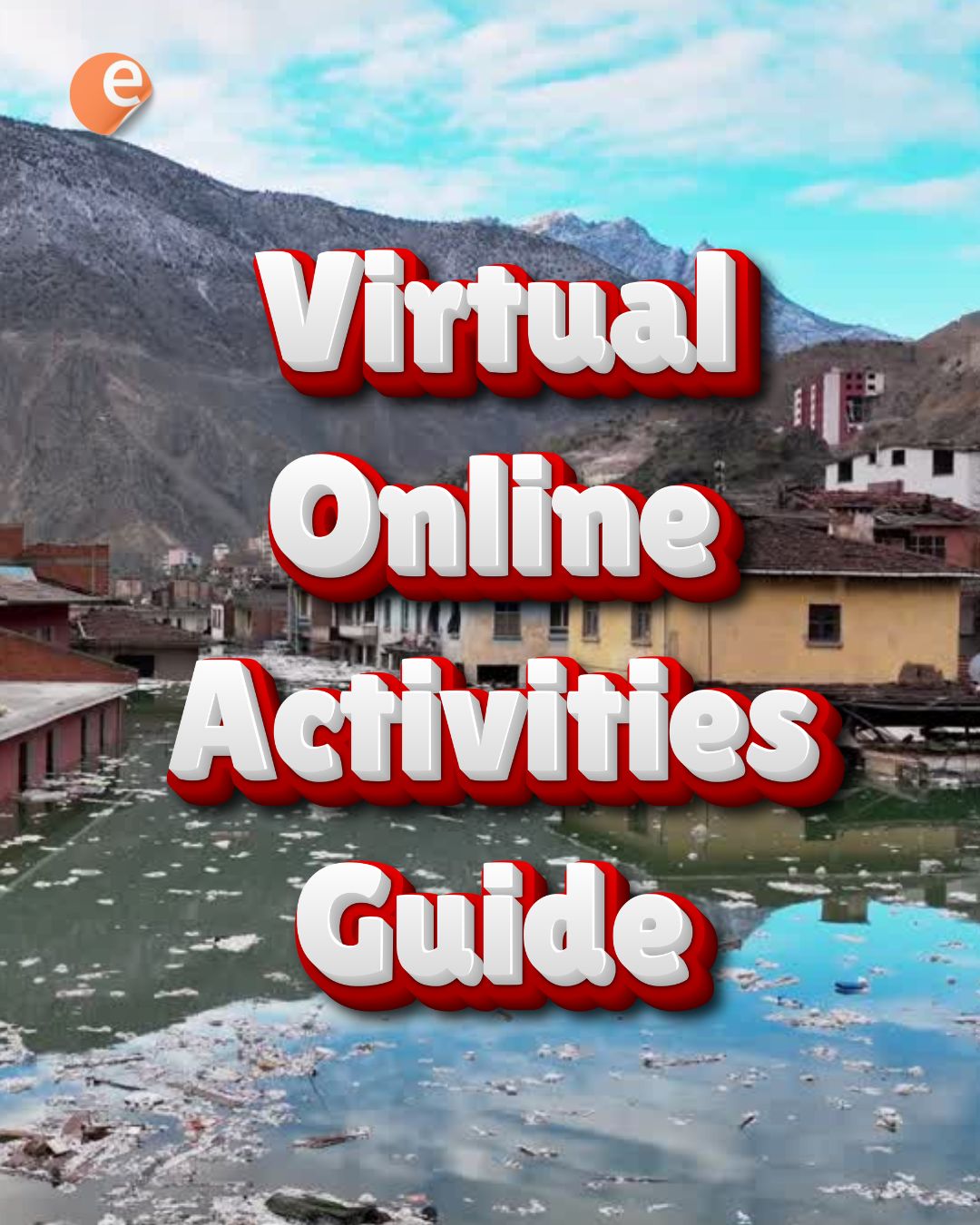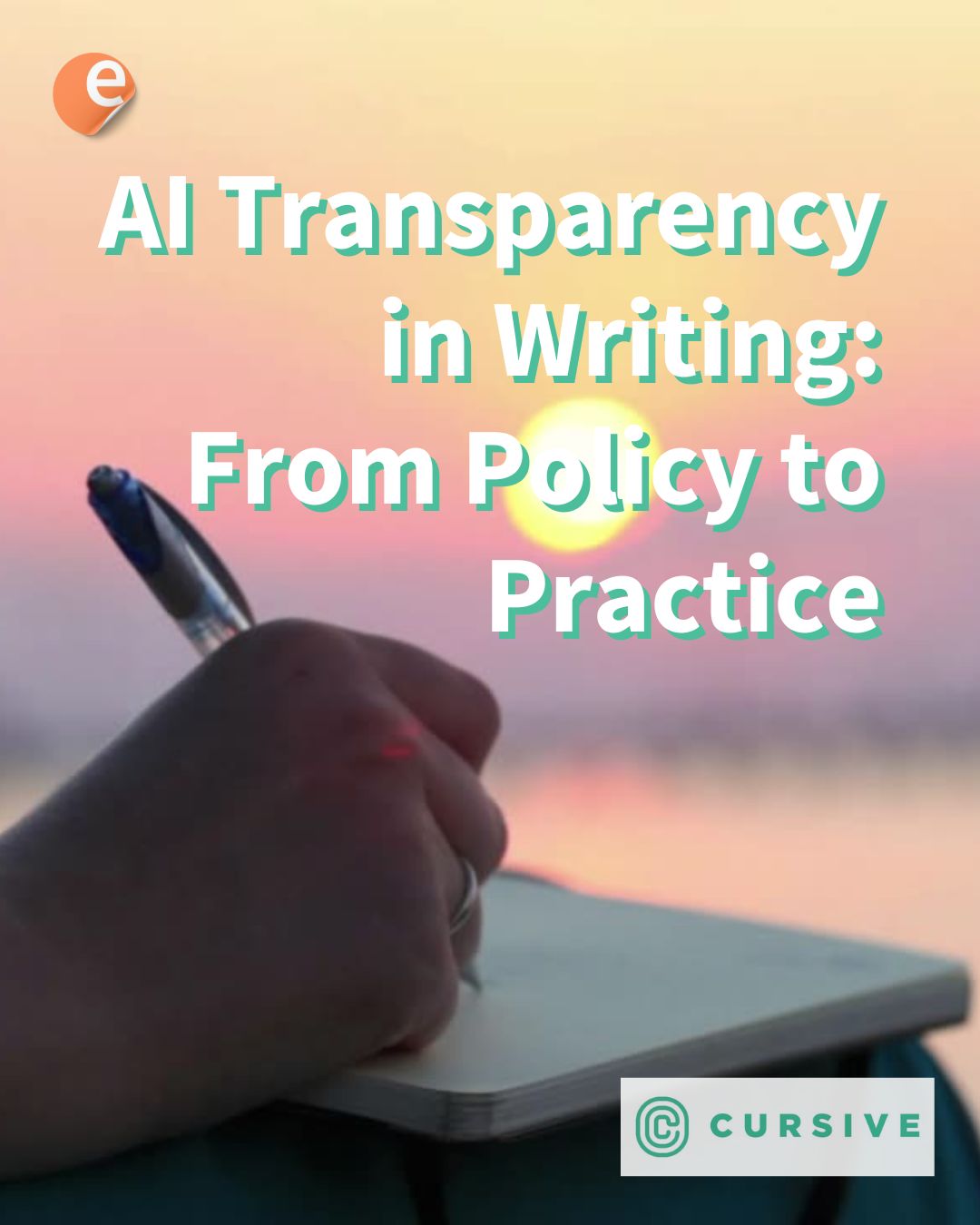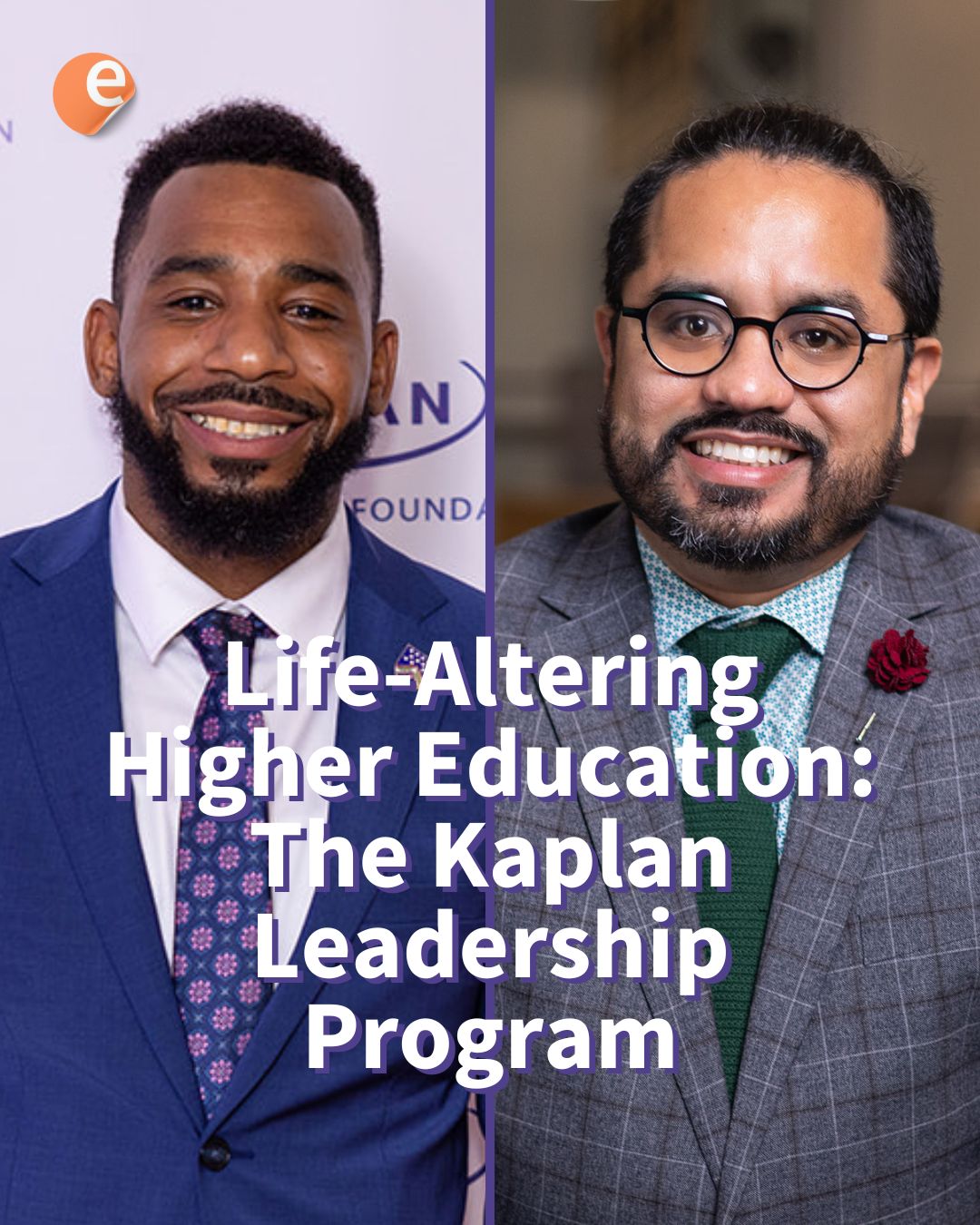Only after we find what’s “Belo” (Beautiful), even in the most difficult and horrendous of life’s circumstances, an endless energy and a constant stream of curiosity is available for us to devote ourselves into understanding a problem, considering alternatives, and fiercely tackling them as the hope for a better world begins to materialize in front of our paths. Only then there will be a clear sense of future worth pursuing.
From trying origins, CEO and Senior Instructional Designer at TODRAW, Sill Pontes, continues to build bridges between people and such a future, using free and open technologies for interactive experiences. It’s her endless but worthwhile fight for individual empowerment, social transformation, inclusion through Industry 4.0 skills; and above all, Beleza.
Distâncias
Pontes’ professional education began at 13 years old. She started telecommunications studies at a technical school. Looking forward to study Industrial Design, her father opposed. It was Brazil in the ‘80s, low-income students were advised to take on paths with secure employment. Most of these jobs, however, were at factory floors.
At 14, she found a job in the library of a technical school in Paraná. It was very far from home. She would leave home at 6 a.m., take 4 buses, go to work, then 2 more buses to go to school. It would be 11 p.m. when she finally reached home.
Pontes did 3 years of technical school, plus other ventures such as theater classes. One day, in a “crazy” change of heart, she dropped everything and went to work as a salesgirl. Before completing an entrance exam she had saved for, she met her daughter’s father. They were married for 10 years, during which she raised a daughter and took care of home. She went back to school when her daughter was 2 years old.
She graduated in Pedagogy and went to work for the state. Conditions were terrible, Pontes recalls. “Everyone knows the educational problem that exists in Brazil. Officials steal to buy jewelry for their wives, politicians deviate money for education and public health, and use it with no shame for their own benefit. They don’t really see it as wrong.” At the school she went for work, in a neighborhood much like the one in which she grew up, there were no lunches, no budget to speak of, and almost no teachers. There were few surviving ones willing to educate the children of the future Brazil. She would work at school during the day, and at night she would teach at another college. On weekends she would travel outside the city for additional work. During this time, she started to learn about Distance Education (EAD, Educação A Distância).
Utopias
In 1998, Brazil was entering into a world of teaching beyond the classroom. Pontes met and worked with pioneers of EAD. She did two specializations in the area and started a yet unfinished Master’s Degree. Also during this time, she separated. She would begin to work on projects involving children, prison population, illiterate adults and other marginalized or ‘at-risk’ groups. She prefers not to dwell too much on this period of her life. “There were a lot of disappointments and frustrations, but they all made me stronger. Every time I tried to speak my mind I was warned, reprimanded or worse.”
She persisted on EAD, joining communities of practice on the field, which also included intense theoretical building. After a few years, she saw a vacancy to work in a large company. “I read the description. I thought it described me right then and there.” She was chosen after a 3-month selection process, besting more than 100 other candidates. Only afterwards it was revealed to include a major EAD component. She went back to school. “As I learned more about the work and take courses, I fell in love. I met Moodle. I got involved with Moodle in body and soul.” Free, Open Source Software have always had a promising future across Latin American countries.
Pontes began working on issues of personal and professional development. “As I realized how I wanted to work on improving the lives of people through the acquisition of new skills, my will was growing and maturing. I also began to realize that my irreverence was nothing to be ashamed of. I accepted it. It was the key to connect with people in a more genuine way. Being able to speak and accept consequences was the key for truth, innovation and change.”
Ideias
Pontes gained a fair share of decriers, most of whom she has trouble remembering; as well as a couple of lifelong friends. She was glad to encounter women with whom she would develop relationships based on mutual admiration, professionally and personally. It proved to be essential support for the many struggles that would ensue. “I was always against traditions for their own sake, always against ‘neutral’ people who see things going badly and not speak their mind, or not even considering a new idea despite having the potential to open new doors in our minds, and become new avenues for development.” The Brazilian society is just another one in our pervasive world of conservative attitudes that lead to having less and less to conserve.
In the early new millennium, Pontes began what she jokingly but affectionately calls her Alucinação (“Hallucination”) years. She dabbled into thoughts beyond EAD and began to assume management roles at projects, things beyond a technical schoolgirl wildest dreams. “As it turns out, there was no hallucination whatsoever. My ideas made sense and I was able to prove it and convince others.” She realized, among many things, that degrees are not needed to open doors for people who have been blazing their own trail.
These discoveries, and their accompanying feels, can be at odds for someone whose work involves professional development in the context of government institutions. “Being different is painful, but ultimately pleasurable. Work comes before money, therefore personal satisfaction is the first step to succeed in life.” Criticism over unfinished professional and educational endeavors always hit close. She admits she has desisted on her goals several times. “But that is not the same as giving up. I have a strength, one that is said to be shared by all Brazilians, and that is resilience. When I feel like quitting, I go home and sleep. When I wake up, I make myself feel linda e maravilhosa, put on some make-up, and I’m ready to go back again.”
Livre
Pontes established herself as an Instructional Design authority around Paraná’s professional circles, and an Open Source advocate, first for Moodle and more recently H5P. “I focused, I self-dated, I allowed myself to be more curious and test my resilience further. It was a perfect time!” Following what would give her joy while producing, she served coffee, sold clothes, washed airplane hangars, made jewelry for sale.
Information and Communication Technologies began to consolidate as the next, decisive face of EAD. There was no turning back. But Brazil’s eager boon of innovation, startups and new knowledge did not materialize in the magnitudes everyone was anticipating. “I was a businesswoman already. From my position I saw clearly how maddening entrepreneurship in Brazil can be. But I never shied from the challenge. I knew I had to create solutions and help others find avenues.”
It was time to revisit old questions, first invigorated by FOSS and its movement. “What am I doing for the benefit of other people? How can we help? What can I do to improve Brazil ?” FOSS could not be kept as a sidelined passion, it needed to be used to confront people, all the way to businesses and their current practices. If there is a “free” way to improve people’s lives, what else is there to talk about? To be fair, free are the tools and nothing else. “There is so much to do, and there’s endless possibilities.”
Pontes took longer than she would have wanted to gain the strength to quit her old government job and launch TODRAW. The idea was actually conceived and launched as she held a full-time job. “But the desire to create something more beautiful and enjoyable, for me and everyone, became too overwhelming to avoid. With old and new friends, from here and other countries, an immense will was born to make great and wonderful things come true. Our crazed daydreaming has been critical to focus on the potential, and not sinking back into bureaucracy, human temperaments, arid technology among other drudgeries.”
FOSS is a blessing. It can also be imposing in its appearance, to the point of compromising diversity. It is only in recent years that the world’s thought leaders in the space have started to make amends. “I’m sure they’re will be another big challenge. We may not know what it is but we know the solutions will come from successful collaboration of people’s souls and creativities. That’s what I want TODRAW to become for Latin America and the world. We are all looking for the same: True value, growth, a sense of meaning.” A learning platform should not only be social, but to encourage self-expression as we grow, and allow for it.
Harmonia
“Here I am, at the outskirts of the Industry 4.0. It is a time to organize people and make sure we’re all walking in line. Because of not doing so, our people will only see the value fly away and maybe spring us a little bit from above as consumers. But we cannot accept any kind of order as we bring everyone in. Unlike previous revolutions, the fundamental raw material is not people’s effort or time, but ingenuity. Industry 4.0 is the first opportunity we have to enable curiosity, self-discovery and the realization through effort on a massive scale.”
We try hard not to turn our chat into a political debate. There are undeniable realities involving governments, educational systems, people’s sense of responsibility and self worth, the labor market dependency, and so on. Whether EdTech can address, circumvent or at the very least not be complicit, is a discussion exceeding our scope but it is one more people should be having. “In any case, young people first of all should make plans, have goals, and more importantly, strategies. Life will be nothing without a strategy.”
From a technological perspective, the Industry 4.0 is defined by the advent of machine learning algorithms. Artificial Intelligence is the buzzword hereafter. The most forgiving connotation we can give it alludes to an increasing handover of decision making to machines. For Pontes, the difference between turning it into an intellectual gold mine and the dystopia so many already decry as inevitable, is a matter of education. “Data Science needs a new pedagogy, one that is able to speak to everyone on their terms. We can do it now, he have the technology. We need a new pedagogy that’s more tech savvy in that sense.” The digital world is growing, propelling us into places we and our learners don’t fully understand. In the everything digital reality, old teacher’s tricks are a poor heuristic. “Algorithm development is often taught as its syntax, not as the tool for transformative experiences across layers of society and production it has shown to be, and not in an enthusiastic way that’s recognizant of our needs. And I mean both social and personal needs. In many ways student populations are in crisis. They cannot focus or invest themselves into their education to the best of their ability. Psychological crisis are needlessly and worryingly rampant. The physical and mental support systems are structurally faulty all over the world. As a result, there’s girls who struggle, suffer alone and just cannot see their self worth. Give them enough time and they’ll grow up convinced that that’s what life is supposed to be about.”
Pontes wants TODRAW to have an impact. She also wants it to be an inspiration. She knows this isn’t done through perfection, but rather a cautious look into the diverse set of failures and pitfalls, faced not by a model learner —which she’s not— but by every one of them. “We will establish clear and measurable competencies than can be openly put to the test. Not to turn it into a measure of aptitude, but to open all sorts of inquiries into how people learn, what keeps them from reaching their goals, and whether the standards themselves are appropriate. The ideal scenario is an ongoing quanti-quali, cross-cultural research project where everyone can be a learner and an auditor.”
An exciting vision. But Pontes knows how harmful eagerness can be. Moving fast and breaking things has proven to be a cautionary tale for entrepreneurs nowadays. “My future is increasingly peaceful, calm and balanced. It’s the only way I can be sure I’m doing things right and it’s the only way I can stay sensible.” When reaching the mandatory question of who she looks up to, there’s a bit of an uncomfortable silence. “We blindly follow our leaders too easily. Ordinary people do outstanding things all the time and we do not notice. We’re too ready to overlook fundamental character flaws and privileges that have enabled most revered men today to make a name (or brand) for themselves. The irony of that expression is not lost on me. The real engine of human progress has been collaboration.” Often anonymously, as FOSS exemplifies.








2 Responses